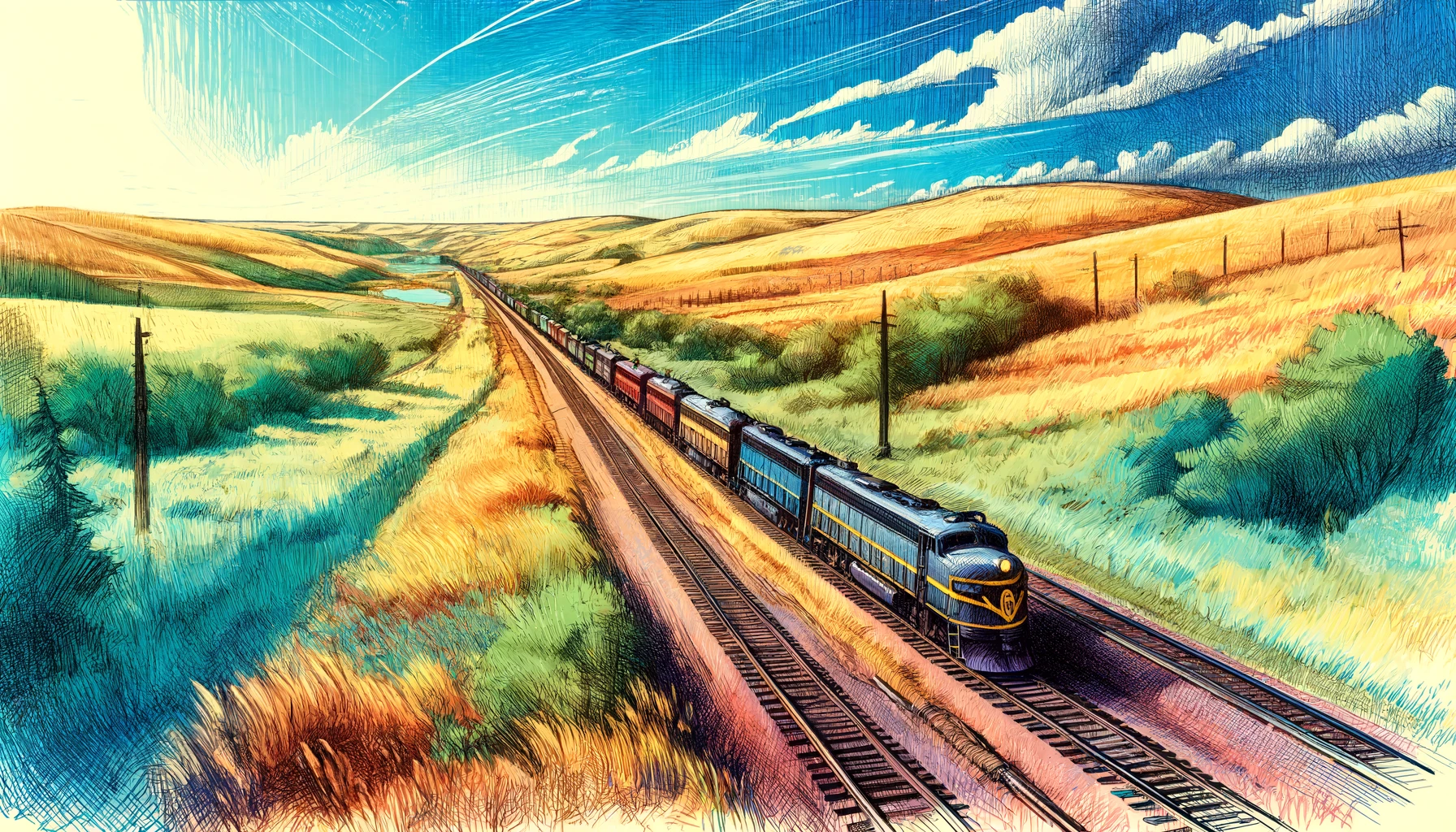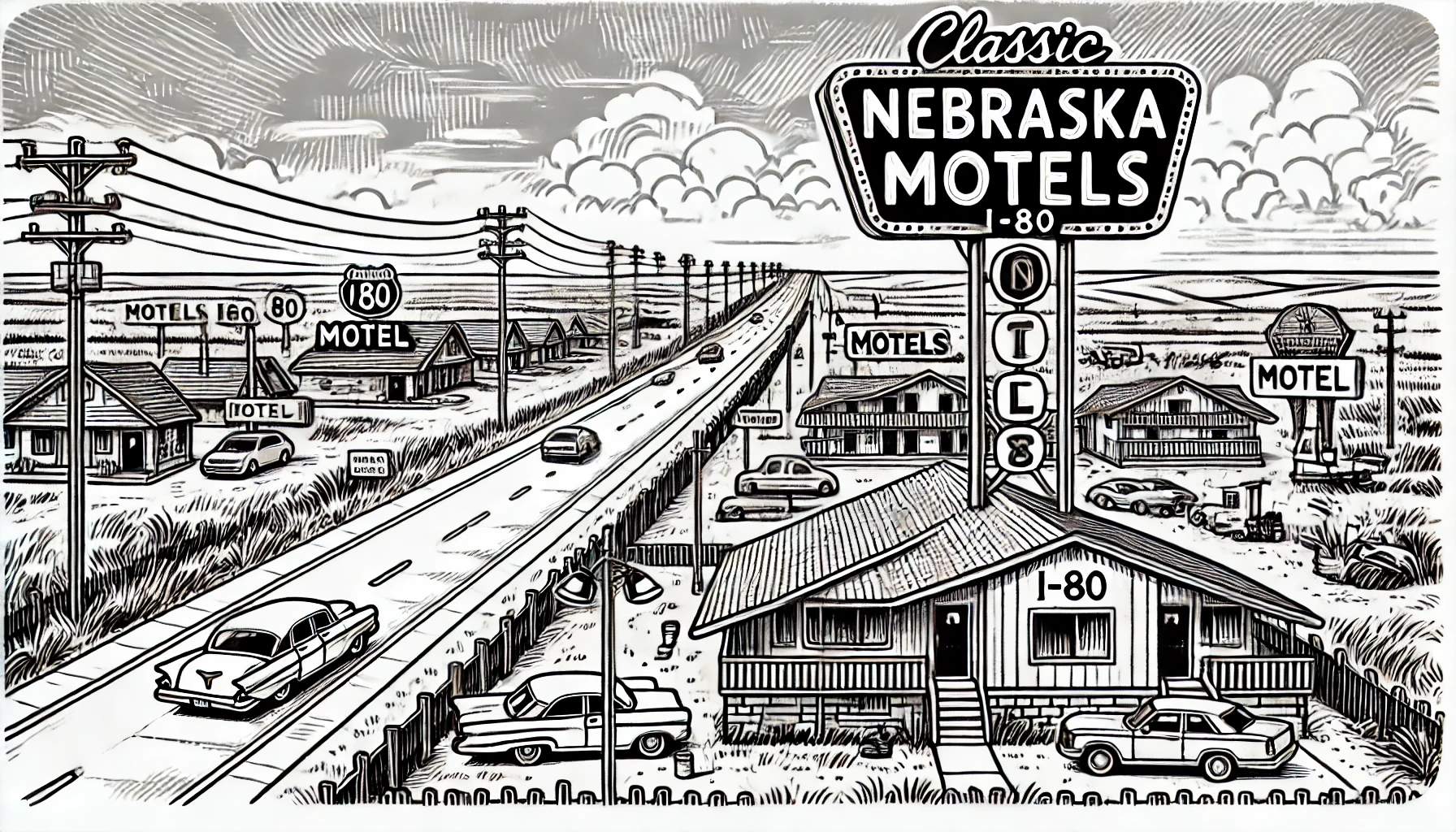The Development of Overland Stage Routes in Nebraska

During the mid-19th century, the development of overland stage routes in Nebraska played a crucial role in the growth and expansion of the United States. As the country expanded westward, the need for a reliable and efficient transportation system became increasingly important. In response to this need, stagecoach companies and the US government collaborated to establish a network of overland stage routes that would connect the East and West coasts.
One of the earliest and most notable overland stage routes to traverse Nebraska was the Oregon-California Trail. Established in the 1830s, this route spanned over 2,000 miles and connected the Missouri River in present-day Omaha to the Oregon Territory. The route was used by thousands of pioneers, fur traders, and stagecoach companies, and it played a significant role in the development of the region. In Nebraska, the Oregon-California Trail followed the Little Blue River and the Platte River, passing through present-day towns such as Kearney and Grand Island.
Another important overland stage route in Nebraska was the Pony Express Route. Established in 1860, this route connected the Missouri River in present-day Omaha to the Sacramento River in California. Although the Pony Express only operated for a short period, it played a significant role in the development of the region by providing a fast and reliable means of communication between the East and West coasts. In Nebraska, the Pony Express Route followed the Platte River and passed through present-day towns such as Gothenburg and North Platte.
The development of overland stage routes in Nebraska also led to the establishment of stagecoach stations and relay points. These stations were located at regular intervals along the route, typically 10 to 20 miles apart. At these stations, stagecoach drivers could stop to rest, repair their vehicles, and exchange horses. In addition, the stations provided passengers with food, lodging, and other essential services. Some notable stagecoach stations in Nebraska include Fort Kearny, located near present-day Kearney, and Cottonwood Ranch, located near present-day Sutherland.
The development of overland stage routes in Nebraska also had a significant impact on the region's economy. The construction of these routes created jobs and stimulated economic growth, as local communities profited from the stagecoach industry. Additionally, the routes facilitated the transportation of goods and services, connecting the region to other parts of the country. However, the development of overland stage routes also had negative impacts on the region's environment and Native American communities. The construction of the routes disrupted natural habitats and led to the displacement of Native American tribes.
One notable example of the negative impacts of overland stage route development is the displacement of the Pawnee Nation. The Pawnee were a Native American tribe that had traditionally inhabited the region around present-day Lincoln. However, with the construction of the Oregon-California Trail and other overland stage routes, the Pawnee were forcibly removed from their ancestral lands and relocated to a reservation in present-day Oklahoma.
The development of overland stage routes in Nebraska played a significant role in the region's history and continues to be an important topic of study today. By examining the history of these routes, historians can gain a deeper understanding of the complex and often contentious process of westward expansion.
One of the earliest and most notable overland stage routes to traverse Nebraska was the Oregon-California Trail. Established in the 1830s, this route spanned over 2,000 miles and connected the Missouri River in present-day Omaha to the Oregon Territory. The route was used by thousands of pioneers, fur traders, and stagecoach companies, and it played a significant role in the development of the region. In Nebraska, the Oregon-California Trail followed the Little Blue River and the Platte River, passing through present-day towns such as Kearney and Grand Island.
Another important overland stage route in Nebraska was the Pony Express Route. Established in 1860, this route connected the Missouri River in present-day Omaha to the Sacramento River in California. Although the Pony Express only operated for a short period, it played a significant role in the development of the region by providing a fast and reliable means of communication between the East and West coasts. In Nebraska, the Pony Express Route followed the Platte River and passed through present-day towns such as Gothenburg and North Platte.
The development of overland stage routes in Nebraska also led to the establishment of stagecoach stations and relay points. These stations were located at regular intervals along the route, typically 10 to 20 miles apart. At these stations, stagecoach drivers could stop to rest, repair their vehicles, and exchange horses. In addition, the stations provided passengers with food, lodging, and other essential services. Some notable stagecoach stations in Nebraska include Fort Kearny, located near present-day Kearney, and Cottonwood Ranch, located near present-day Sutherland.
The development of overland stage routes in Nebraska also had a significant impact on the region's economy. The construction of these routes created jobs and stimulated economic growth, as local communities profited from the stagecoach industry. Additionally, the routes facilitated the transportation of goods and services, connecting the region to other parts of the country. However, the development of overland stage routes also had negative impacts on the region's environment and Native American communities. The construction of the routes disrupted natural habitats and led to the displacement of Native American tribes.
One notable example of the negative impacts of overland stage route development is the displacement of the Pawnee Nation. The Pawnee were a Native American tribe that had traditionally inhabited the region around present-day Lincoln. However, with the construction of the Oregon-California Trail and other overland stage routes, the Pawnee were forcibly removed from their ancestral lands and relocated to a reservation in present-day Oklahoma.
The development of overland stage routes in Nebraska played a significant role in the region's history and continues to be an important topic of study today. By examining the history of these routes, historians can gain a deeper understanding of the complex and often contentious process of westward expansion.
